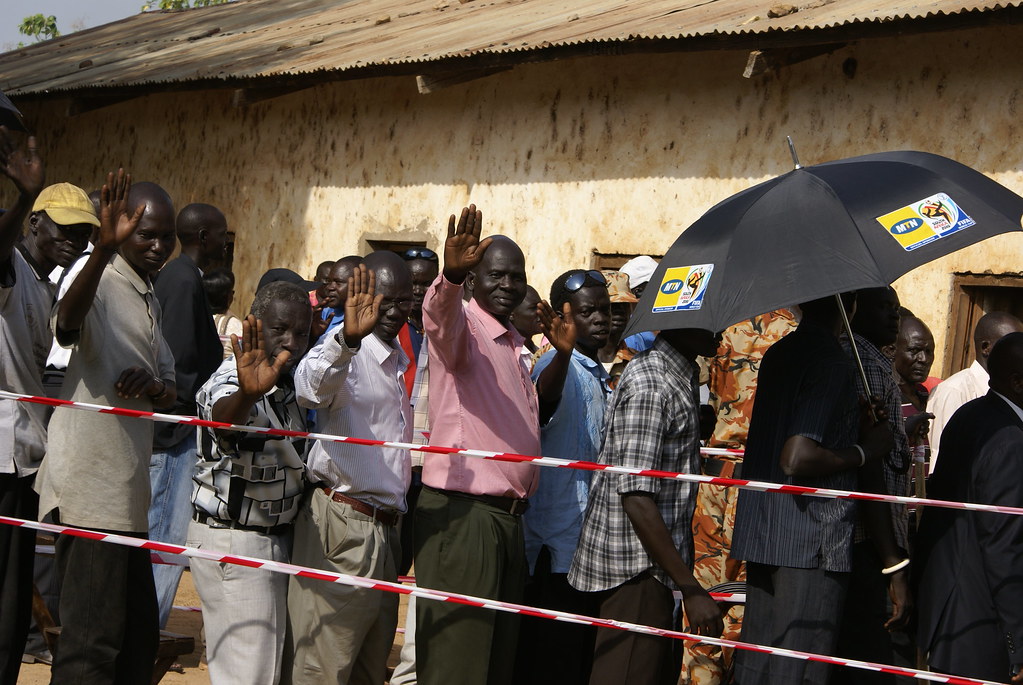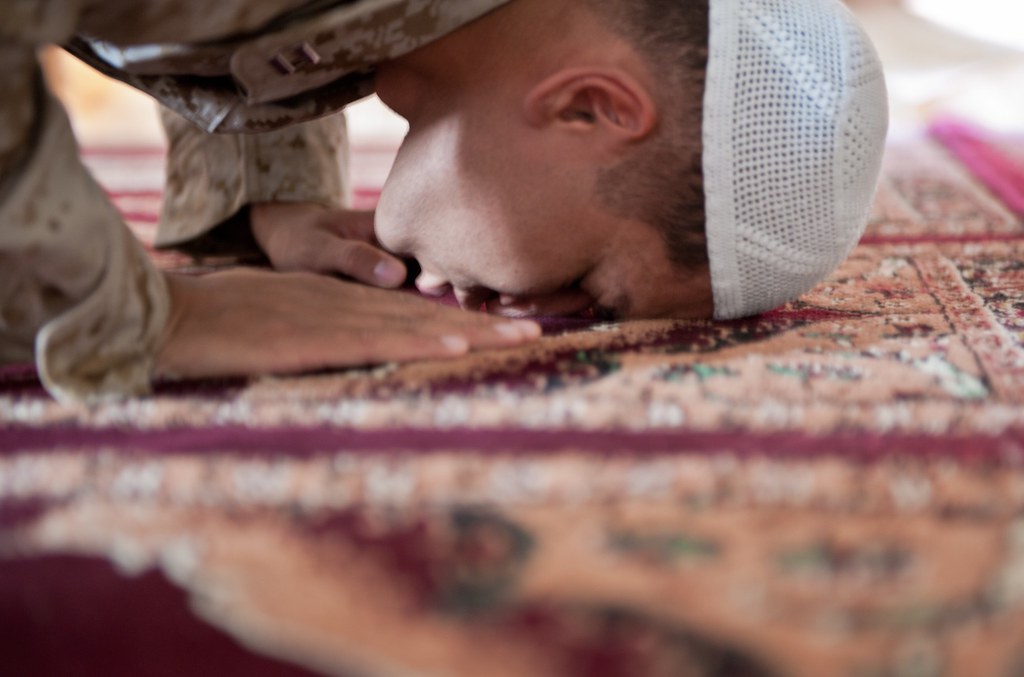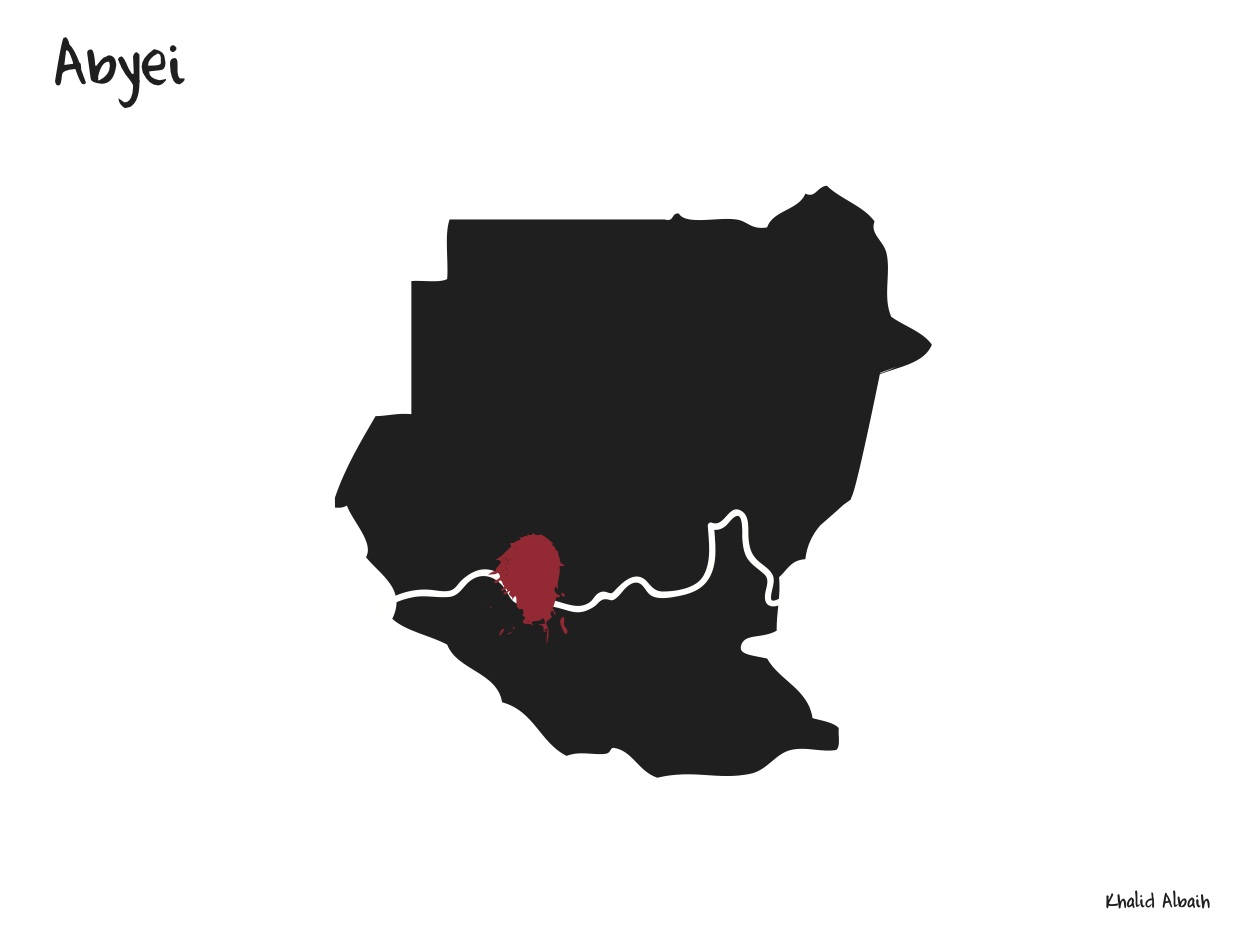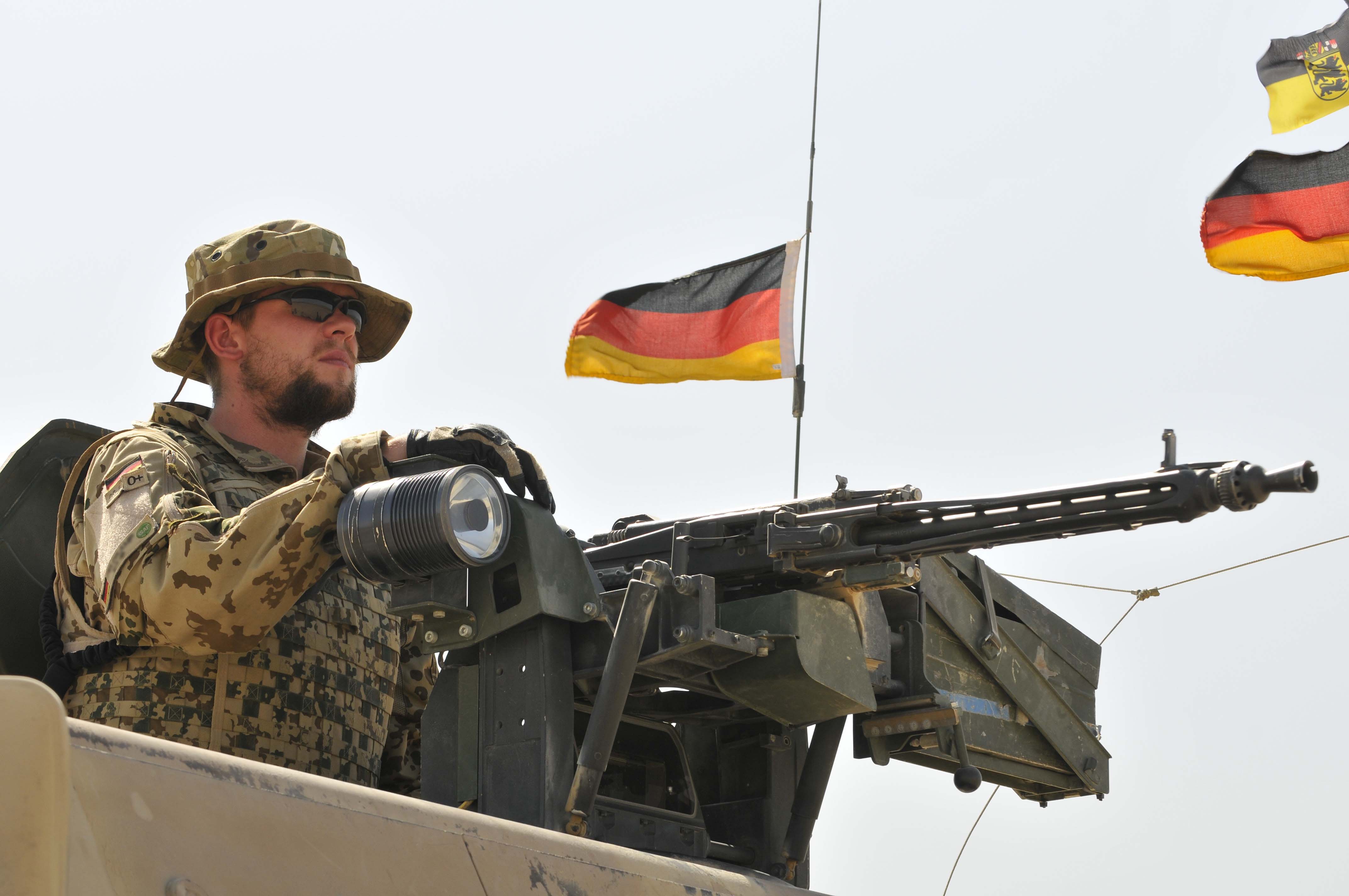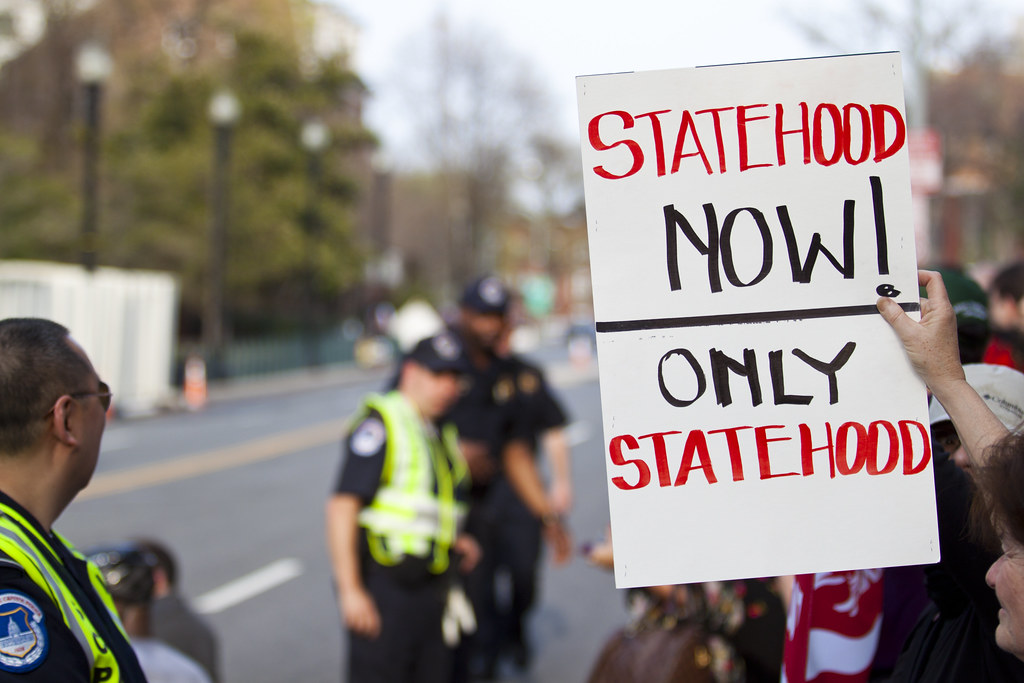
This article was originally published by the IPI Global Observatory on 27 June 2014.
From Scotland to Syria to Somalia, various groups are seeking to create independent states. The Scots will vote on independence this September. Kurds in northern Syria and Iraq have revived their hopes for an independent Kurdistan as the Islamic State in Iraq and Syria (ISIS) envisions redrawing the map of the Middle East. And tribal leaders in northwest Somalia govern the territory they claim more effectively than the internationally-recognized Federal Government of Somalia controls the south.

